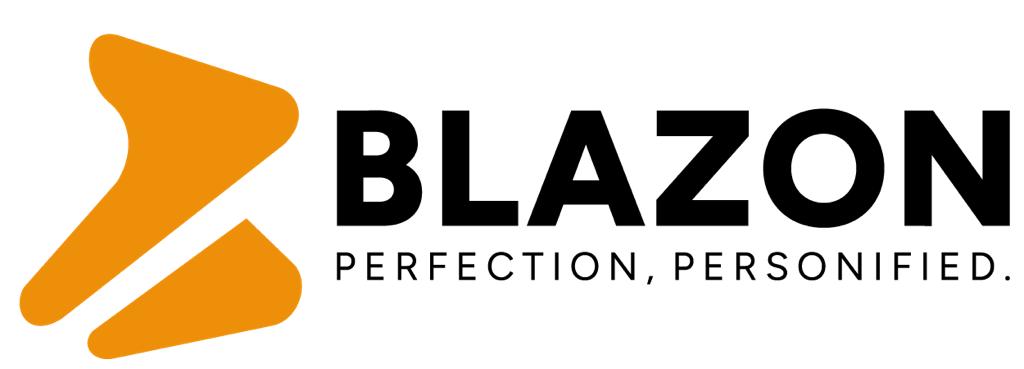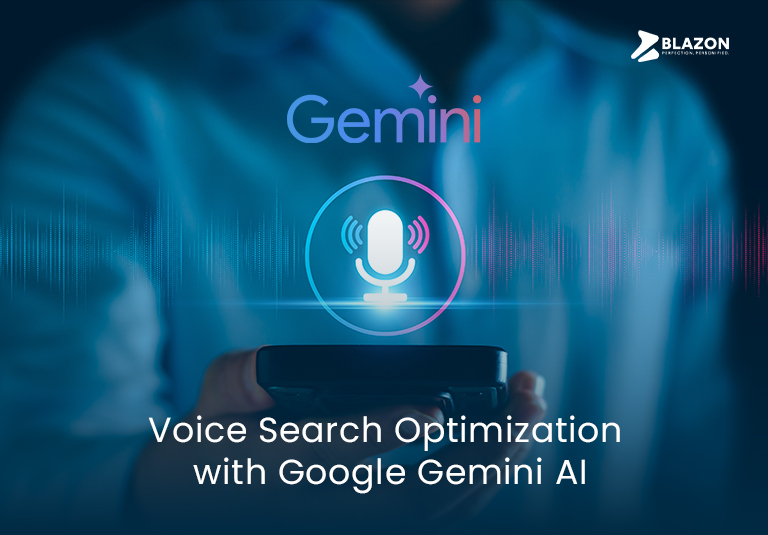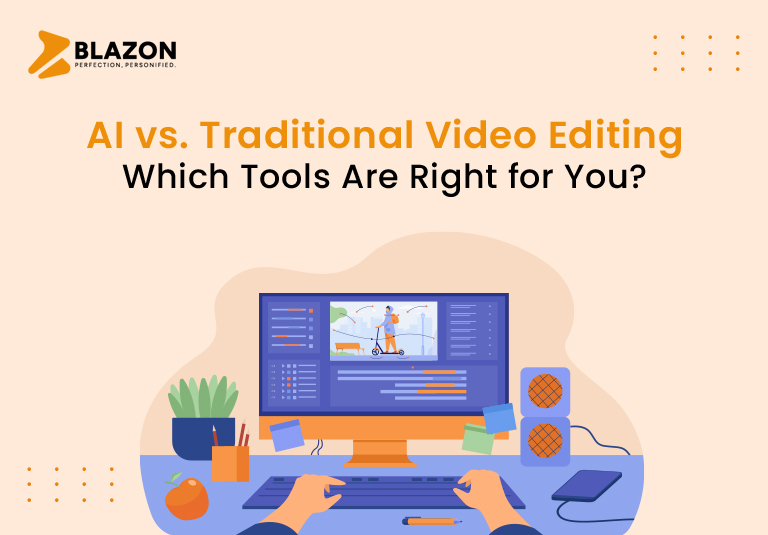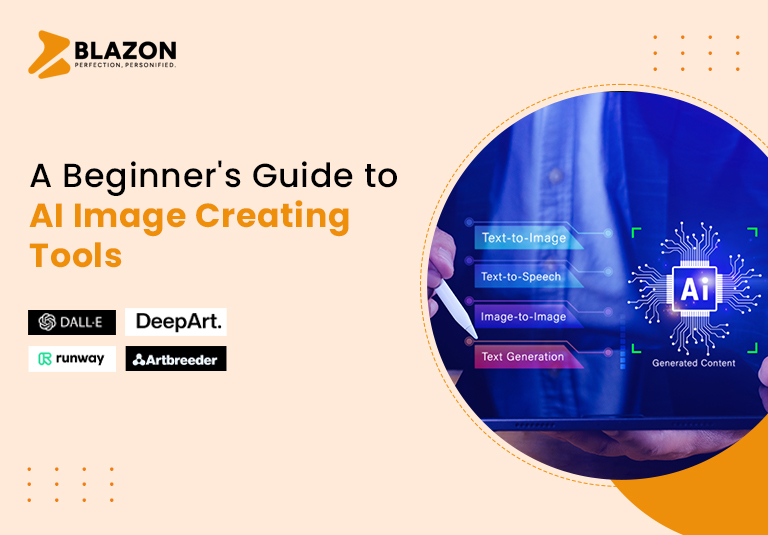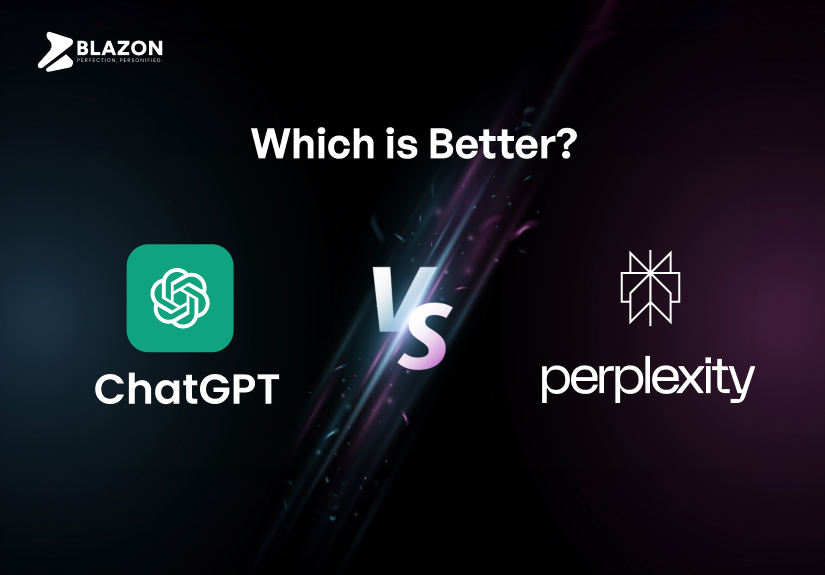With the rapid development of voice-active devices and AI-operated assistants, voice search optimization has never been more important. Google Gemini AI, Google’s AI technology, is the most recent development. How voice search will develop in the future is greatly impressive. Through the integration of multi-attribute abilities – the ability to understand both text and speech improves the processing of Gemini AI voice questions, making them more relevant and comfortable.
The Role of Google Gemini AI in Voice Search
An advanced artificial intelligence platform called Google Gemini AI was created by Google to improve search skills on an array of platforms. It combines multimodal comprehension and natural language processing (NLP), which enables it to comprehend spoken and written questions as well as images and other media.
Gemini AI does more than just match keywords; it also analyzes the context and purpose of user searches. As a result, it can process voice searches more efficiently, comprehending the subtleties of conversational language and delivering more precise, pertinent results.
This voice assistant, such as Google Assistant, is designed to increase the way the user enquiry by providing reference-inconceivable, analogous results, whether they are looking for local companies, recommendations, or answers to questions. The deep learning abilities of Google Gemini AI-enabled voice search quickly, more accurately, and more comfortably, guaranteeing that users receive quick, highly relevant answers.
Why Voice Search Optimization is Important?
With the increasing number of voice-active equipment and a major change in customer behavior, voice search businesses, writers, and SEO have become essential for experts. Voice search optimization has become necessary as more people rely on smartphones, smart speakers, and AI-operated assistants.
- Shift Toward Conversational Search: Voice search is more interactive than traditional text-based queries, allowing users to ask questions or complete sentences. As a result of this change, businesses should organize their content directly to answer questions.
- Growth of Smart Speakers and Voice-Activated Devices: Voice search has been greatly assisted by the spread of voice-activated gadgets like Apple’s Siri, Google Home, and Amazon Alexa. Voice search is being used by individuals in their everyday routine as a result of an increase in device adoption, whether it is more complex such as direct tasks such as alarms, or more complex people buying and buying and detecting nearby businesses.
- Mobile Usage and Hands-Free Searching: Voice search hands-free device enables interaction, which is perfect for multitasking or when on the road. This means that the firms have to adapt their content to the voice to attract mobile search traffic.
- Enhanced User Experience: Voice search provides quick, accurate answers, which enhances the user experience. When they use voice search to ask Query, users expect a quick, relevant reaction. As the search engine tries to satisfy the user’s expectations more effectively, it has especially increased the demand for sniper and direct reactions.
As voice search becomes increasingly popular for everyday tasks like searching for information, finding local services, and making purchases, businesses need to make sure their content is voice search optimized. Adopting voice search optimization can help businesses stay competitive in a digital market that is becoming more and more speech-driven while also expanding their exposure and improving user experience.
How to Optimize for Voice Search with Google Gemini AI?
Use Google Gemini AI to optimize content for voice search by concentrating on tactics that complement organic, conversational inquiries.
- Use Engaging Keywords: Voice search is usually question-based and more organic. To align with voice search behavior, focus on long-tail keywords and queries such as “How can I find the best biryani nearby?”
- Target Featured Highlights: Voice assistants often use highlighted sections to extract information. Provide direct, brief reactions to inquiries in the first one to two sentences. To make the text readable, use a few lists or bullet points.
- Optimize for Local Search: Local purpose is usually involved in voice discoveries. Use local keywords and make sure your company Google is listed on my business. To accommodate voice surprises seeking local options, location-specific materials such as “Best Interiors near me”.
- Use structured data: To increase the readability of your material for Google Gemini AI and to increase its exposure in voice search results, use schema markup such as local business schema and FAQ.
- Mobile and Speed Optimization: On mobile devices, voice search is widely used. Ensure that your website loads quickly and is responsive to mobile devices.
with these tactics, you can improve your content’s Gemini AI performance and match it with voice search trends.
By constantly reviewing Google Search Console’s performance statistics, you can determine which queries are generating voice search results and modify your content strategy appropriately.
Conclusion
Google Gemini AI voice search optimization is necessary in today’s quickly changing digital world. User condensed, reference-inconveniences depend more and more on the quarry because voice-active gadgets become more common.
By focusing on convenient materials, local SEOs, and structured data, businesses can increase visibility and improve the busyness of the user, ensuring that their content remains relevant and searchable in the voice search results.
Visit our Digital Marketing Company to learn about the newest developments and trends in artificial intelligence. Keep up to date with the latest information that can improve your digital marketing tactics.
